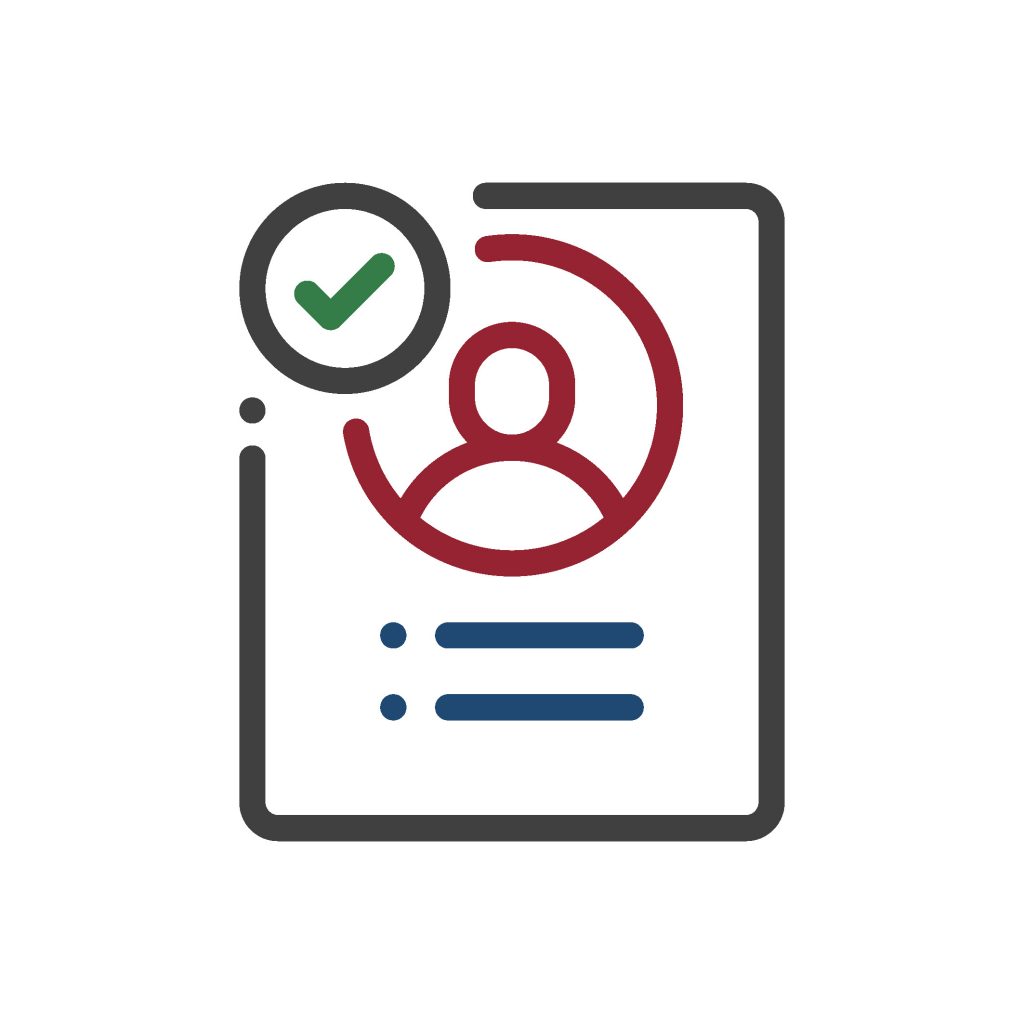As the coronavirus (also known as COVID-19) continues to spread, we recognise that many of our clients need to adapt their way of working. We hope this blog will be useful, please cut paste, and share as you see appropriate.
Our clients want to help reduce the spread of coronavirus and safeguard the welfare of their staff during the coronavirus outbreak while continuing with their operations as normally as possible.
The words below can be used as a temporary policy to explain what temporary changes you should perhaps consider your usual policies and procedures on sickness absence, flexible working and travel during the global health crisis.
Sickness absence
Sickness absence reporting
What is your normal policy?
Under our normal Given the coronavirus situation, you must make sure that your contact details are up to date on the Breathe HR system and that your line manager has a telephone number and email address where they can reach you if you are in self-isolation.
you fall ill and cannot attend work; you would be required to:
- notify your line manager before you are due to start work, or as soon as possible if that is not practical; and provide medical evidence (typically, a fit note from your doctor) for sickness of more than seven calendar days’ absence.
What is changing temporarily?
During the coronavirus situation, it is vital that you do not attend work and self-isolate for seven days if you develop:
- a fever, particularly a high temperature (i.e. a temperature of 37.8 degrees or over); and/or
- a continuous cough,
You should still notify your line manager of your absence before you are due to start work, or as soon as possible if that is not practical.
You do not have to get medical advice from NHS 111 to self-isolate. However, if your symptoms worsen during self-isolation or are no better after seven days, you should contact NHS online at 111.nhs.uk. There is a tool at 111.nhs.uk/service/covid-19 for you to carry out a check if you think you have symptoms.
If you have no internet access, you should call NHS 111. Please dial 999 only if you have a medical emergency.
If possible, you should avoid going to your doctor or a hospital to prevent infection from spreading.
You will still be expected to:
- explain to your line manager what your symptoms are and the medical advice you may have been given; and
- keep in regular contact with your line manager.
Given the coronavirus situation, it is essential that you make sure that your contact details are up to date on Breathe HR or any other location where contact details are stored and that your line manager has a telephone number and email address where they can reach you if you are in self-isolation or stuck abroad and unable to return to the UK.
Acceptable levels of absence
What is our normal policy?
Under our short-term sickness absence policy, we would normally invoke a formal review of your absence levels when you reach unacceptable levels of sickness or absence in the previous 12 months.
What is changing temporarily?
If you are in self-isolation because you:
- are displaying symptoms;
- have been given medical advice to self-isolate (for example from NHS 111); or
- we ask you to self-isolate,
we will not take this absence into account when determining whether or not we are taking formal action under our absence management procedure.
Sick pay
What is our normal policy?
Under our short-term sickness absence policy, you would normally receive, if eligible, statutory sick pay (SSP) where:
- you have a period of sickness absence from work of at least four calendar days in a row; and
- three “waiting days” (days on which you would usually be required to work) have passed.
Statutory sick pay is paid at a weekly rate set by the Government for the relevant tax year.
What is changing temporarily?
You will be paid SSP from day one of your confinement if:
- we have asked you to stay away from the workplace and self-isolate;
- you are self-isolating because you have symptoms; or
- you are self-isolating in response to medical advice from NHS 111, your doctor, or a local health protection team.
You will be paid at this rate even if you are on your probationary period.
Flexible working
Requests for flexible working
What is our normal policy?
Under our flexible working policy, you can normally agree informally with your line manager to one-off or short-term changes to your working patterns or periods of homeworking.
However, if you wish to change your working patterns or work from home for an extended period, we normally ask you to make a formal request for flexible working and follow the procedure set out in our policy on employees requesting flexible working.
What is changing temporarily?
As long as the organisation’s operational needs continue to be met, you will be able to:
- adapt your working patterns, for example, to allow you
- to travel on public transport at less crowded times; or
- work from home if your role allows for this,
for an extended period without having to follow our formal procedure. You can agree informally with your line manager to these changes.
You should speak to your line manager if you wish to take advantage of either of these options or any other flexible working options that may help you at this time. However, the decision as to whether or not to agree to your request for flexible working remains with your line manager.
Once agreed, the temporary flexible working arrangement will continue until further notice. If circumstances change, your manager will discuss with you any adaptations to, or the withdrawal of, the flexible working arrangement, with the final decision remaining with your manager.
The Requirement to work remotely
What is our normal policy?
Except by prior agreement with us, we do not normally require you to work remotely for an extended period.
There is normally no expectation that:
- if you use a laptop, you always take it home with you after work each day; or
- if you use a desktop, you access your emails remotely while away from the workplace.
What is changing temporarily?
Given the current global health situation, you may be asked to work remotely at short notice. This could be the case if our workplace closes unexpectedly as a precaution or public health measures, such as an area-wide lockdown, are introduced.
This could mean working from home, although you may have the option to work remotely from one of our other work sites if it remains open.
If it is not possible for you to work from home, you should discuss your options with your line manager.
You should ensure that, where possible, you take your laptop home with you after work each day and familiarise yourself with the systems.
If you use a desktop, you will need to obtain the relevant logins so you can access your emails remotely from most devices and computers.
You should contact the IT department if you have any queries about the remote-working system.
Travel
Work-related travel
What is our normal policy?
Our organisation may have requested that you are expected to travel for work to meet the organisation’s needs:
What is changing temporarily?
Work-related travel to the following areas has been suspended until further notice:
- There may be travel bans – consult the UK Government’s travel guidance and World Health Organisation’s daily situation reports.
We encourage you, where possible, to maintain contact with colleagues/customers/suppliers, even if you cannot visit them face to face. Where possible, meetings with colleagues/customers/suppliers located in a restricted area can be conducted over the telephone or via video conferencing/Skype/Teams.
Non-work-related travel
What is our normal policy?
We do not normally have any rules around staff travelling outside work.
What is changing temporarily?
If you have been in a restricted area since the beginning of March 2020, you must inform your line manager or your HR department immediately.
On your return from a restricted area, your first step should be to visit the 111.nhs.uk website, where you can get further medical advice via telephone. You should do this even if you do not have any symptoms.
If possible, you should avoid going to your doctor or a hospital to prevent infection from spreading.



